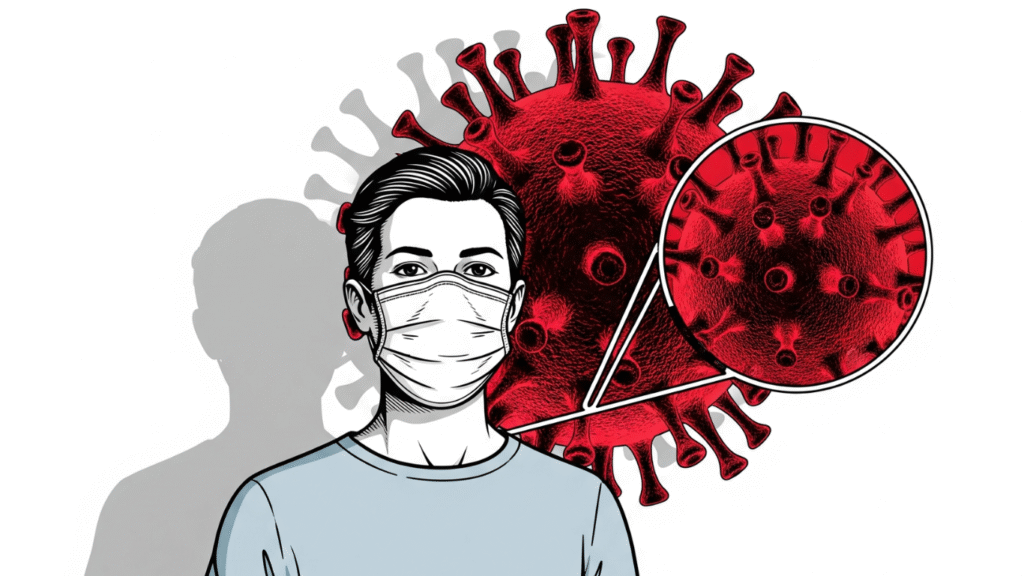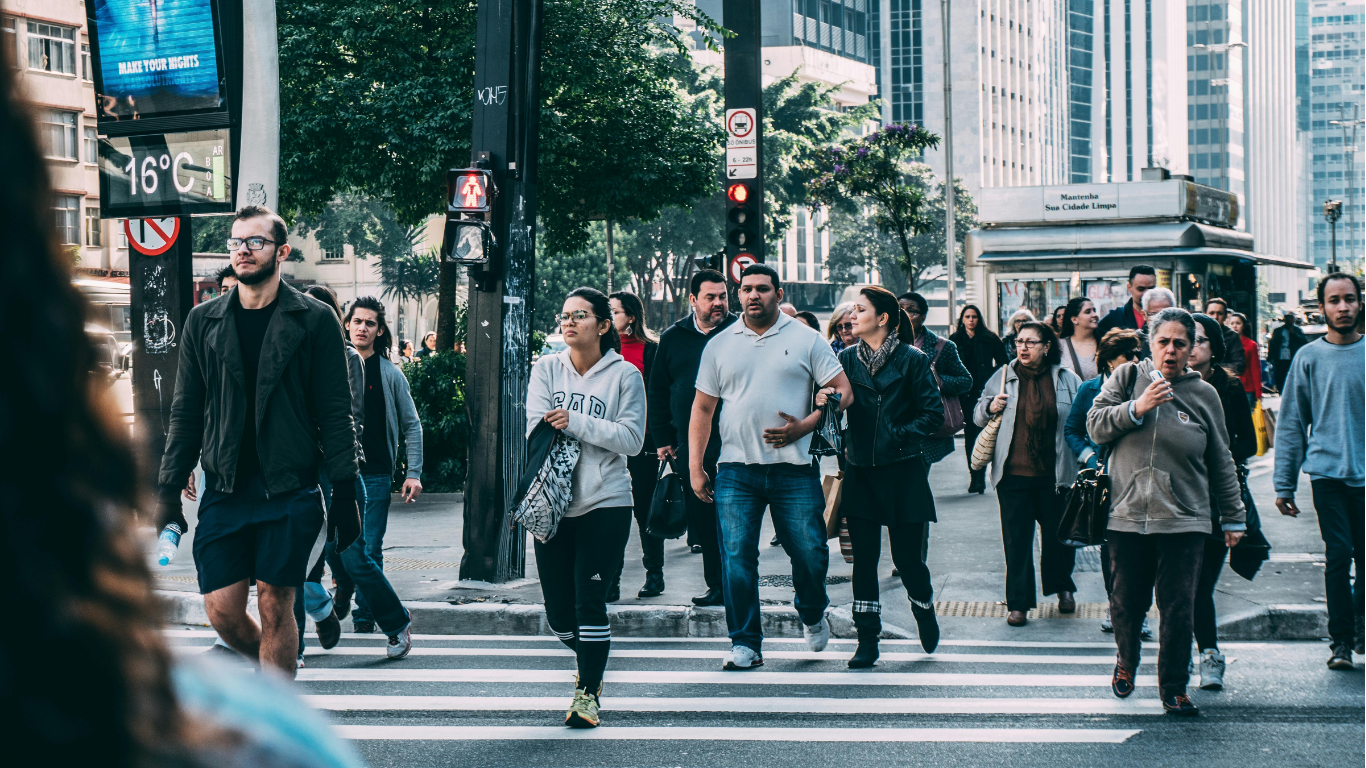As 2025 unfolds, whispers of a new COVID variant have begun surfacing — this time, it’s called the NB.1.8.1 COVID variant. With cases slowly rising in parts of India, Australia, and the United States, many are asking: Is COVID back in 2025?
Here’s everything you need to know about the latest COVID strain, its symptoms, risks, and how to stay protected.

What Is the NB.1.8.1 COVID Variant?
NB.1.8.1 is a recently identified Omicron subvariant, emerging from the JN.1 lineage. It’s part of the virus’s natural evolution, adapting to immunity levels in the population. Health experts believe it spreads more easily than older strains, but early data suggests it results in milder COVID symptoms in most healthy individuals.
Unlike previous strains that caused major surges, NB.1.8.1 hasn’t triggered a global alarm — yet.
Where Is the NB.1.8.1 Variant Spreading?
The COVID resurgence in India has highlighted this variant. It has been detected in:
- South India (Kerala, Tamil Nadu)
- Australia (Western Australia and New South Wales)
- United States (notably among international travelers and urban areas)
Though case numbers are still relatively low, the upward trend has prompted increased monitoring by public health agencies worldwide.
Symptoms of the NB.1.8.1 COVID Variant
The new strain appears to cause mild, cold-like symptoms, including:
- Nasal congestion or runny nose
- Low-grade fever
- Headache
- Sore throat
- Muscle aches and fatigue
- Digestive upset (in rare cases)
Because these signs resemble seasonal flu or allergies, many may not realize they’ve contracted the new COVID variant 2025, making it easier for it to spread undetected.
Is the NB.1.8.1 Variant Dangerous?
Most healthy individuals experience mild COVID symptoms in 2025, but health professionals caution that:
- Elderly individuals and those with underlying conditions remain vulnerable
- Unchecked spread can still strain healthcare systems
- Long COVID effects are possible even after mild infections
- Those unvaccinated or overdue for a booster may face higher risks
While panic isn’t necessary, awareness and smart prevention are crucial.
Are COVID Boosters Still Effective?
Yes. Current vaccines, especially updated Omicron-targeted boosters, continue to provide protection against severe illness and hospitalization — even with NB.1.8.1.
Health authorities recommend:
- Staying up to date on boosters
- Prioritizing boosters for high-risk individuals
- Consulting healthcare providers if you’re unsure about your vaccination schedule
If you’re wondering, “Should I get a COVID booster in 2025?” — the answer is a definite yes, especially with new variants on the rise.
Preventing the Spread of the Latest NB.1.8.1 COVID Variant
Here are key tips to reduce your risk and protect your community:
- Test if symptomatic — even with a mild cold
- Wear a mask in crowded indoor spaces
- Practice regular hand hygiene
- Avoid close contact if you’re unwell
- Stay home when sick — protect others, especially the vulnerable
These small actions go a long way in preventing future waves.
Long-Term Health Watch: Why Milder Doesn’t Mean Harmless
Though NB.1.8.1 appears less severe, experts caution that long-term complications of COVID-19 still exist:
- Lingering fatigue
- Heart inflammation
- Shortness of breath
- Brain fog
If symptoms linger after recovery, consult a doctor. Don’t ignore persistent health changes — even after a “mild” infection.
Is the World Prepared for Another COVID Wave?
Governments aren’t imposing lockdowns, but surveillance, testing, and education are being strengthened. From airports to local clinics, the goal is rapid response, not restriction.
The lesson from previous years? Preparedness is better than panic.
Final Thoughts: Should You Worry?
The NB.1.8.1 COVID variant is a reminder that the virus is still with us — but now, we’re better equipped. With vaccines, data, and public awareness, we can face new variants without fear.
So, is COVID back in 2025? Not like before — but staying informed, vaccinated, and cautious is the way forward.
More Blogs That You Should Read
- Can You Drink Milk After Pepsi or Coke?
- Top 6 Incredible Health Advantages of Apple Cider Vinegar
- Is Alcohol and Milk Safe to Drink Together?
More Useful Blog From Other Sources
- How did the new Covid subvariant NB.1.8.1 spread to US
- All about Omicron sub-variant NB.1.8.1: Cases in the US
YOUR NEEDS 😉
Click any tool below to explore and calculate instantly!


